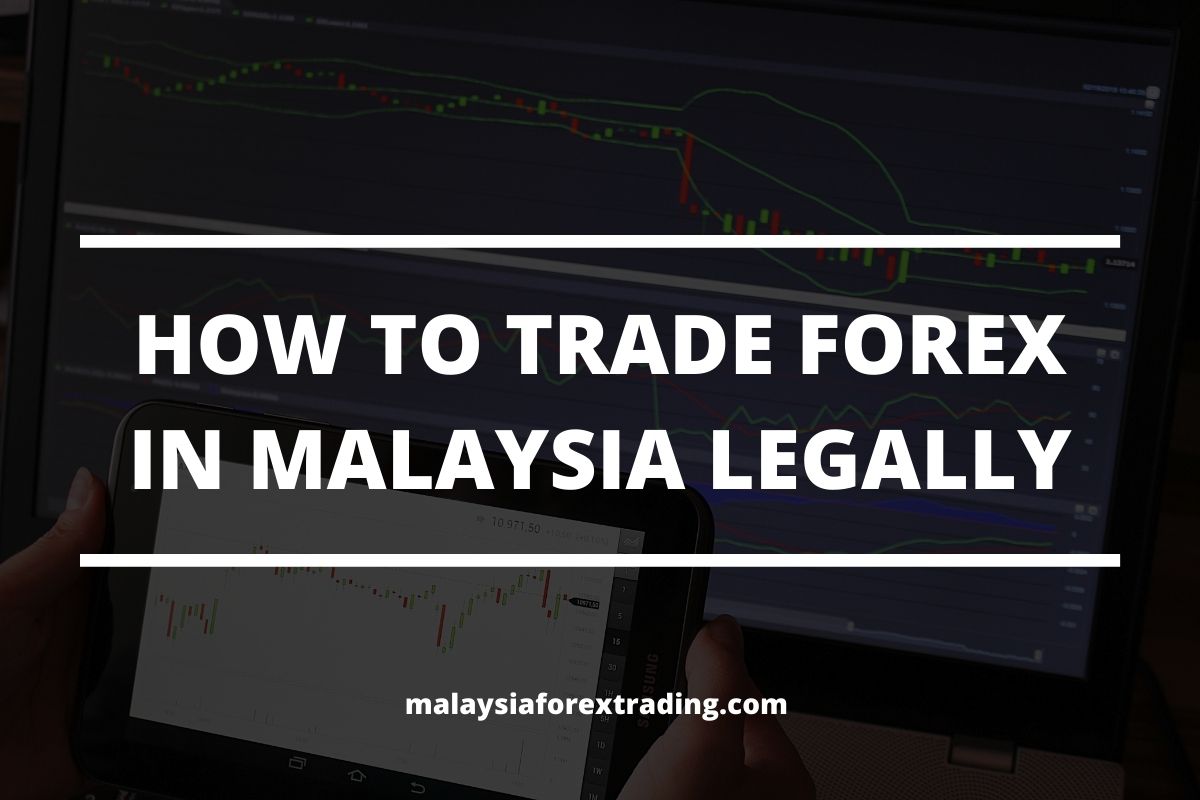Forex trading is surely a growing field.
New brokers are born everyday, and the established ones try to expand their offering in order to beat their competitors.
The financial regulators are trying to keep up with these constant changes, and often they bring new rules that brokers have to follow if they want to be compliant.
But now, what about Malaysia?
Well, forex is not regulated in the country, but does this mean it’s illegal?
And how can one trade forex legally in Malaysia?
Here’s the answer.
Forex trading in Malaysia, is it legal?
Forex trading, or the buying and selling of foreign currency, is only permitted in Malaysia through a registered and approved financial institution, such as licenced commercial banks, investment banks, Islamic banks and international Islamic banks, according to Bank Negara Malaysia.
Some argue that this only works for physical currency and that retail forex trading, particularly online, does not fall under this category because you exchange theoretical currency online. Some also try to go from the angle that retail forex trading with an offshore brokerage might easily be deemed a foreign investment. In Malaysia, foreign investment is permitted.
In fact, the reason that it has not been made clear whether forex trading in Malaysia is legal is that Malaysia is still a developing country and it wants to keep some control over the value of its currency.
However, it may have been overlooked that forex can be traded using other currencies. Most forex trading activities in Malaysia do not even involve the Malaysian Ringgit (MYR).
A grey area
If you are trading your own money and do not make a big deal about it, you are likely to get away with it. If you do something that enrages the authorities, they can pursue you for any violations of the law.
That is to say, while it is exceedingly improbable that you will be jailed in Malaysia for trading forex because there are legal ways to do so, the government retains the right to exercise some control over the situation.
Because the legislation is so ambiguous here, there is a chance of getting into trouble with the authorities. But your risk should be low if you are trading with your own money and an overseas broker.
For those of you who are concerned about the Shariah law, you can consider opening Islamic accounts to avoid paying swap fees which would be haram under the Shariah law. The forex broker or agent that you choose must also be deemed to be Shariah-compliant.
How to trade forex legally in malaysia
1. Choose a regulated forex broker
There are no brokers regulated in Malaysia, however most of them operating into the country are very aware of the situation and they respect the local laws.
In order to trade forex in Malaysia, choose forex brokers that are regulated by the most trustworthy financial regulators such as CySEC, FCA, ASIC, among others.
2. Trade with an Islamic Account
Forex is a margin investment, meaning that the broker in order to let you open a position, requires large amounts of money. Of course, not everyone has thousands of USD to invest, and here comes the brokers’ role.
The Trader invests a certain sum of money, while the Brokers “lend” to the trader most of the money needed to open a position.
Now, when an institution lends money, they require a small interest on the total amount, and this is exactly what happens when you leave a forex position opened overnight.
But since in Sharia the “riba” is Haram, many brokers offer Islamic accounts that get rid of this interest.
Islamic accounts are totally free, and present little-to-no changes compared to standard accounts.
3. Choose an oversea broker
Forex is not regulated, but overseas investments are. As we were explaining before, opening a brokerage account with an oversea broker is often considered an oversea investment, thus totally legal.
4. Trade with your own money
Where Forex is regulated, if you’re experienced and skilled enough, you may have the possibility to act as a fund manager.
A fund manager is a person that invests other people’s money, and keeps a small commission known as “administration fee”.
In Malaysia though, this can cause problems since the FX investments would be made into the country and not overseas.
